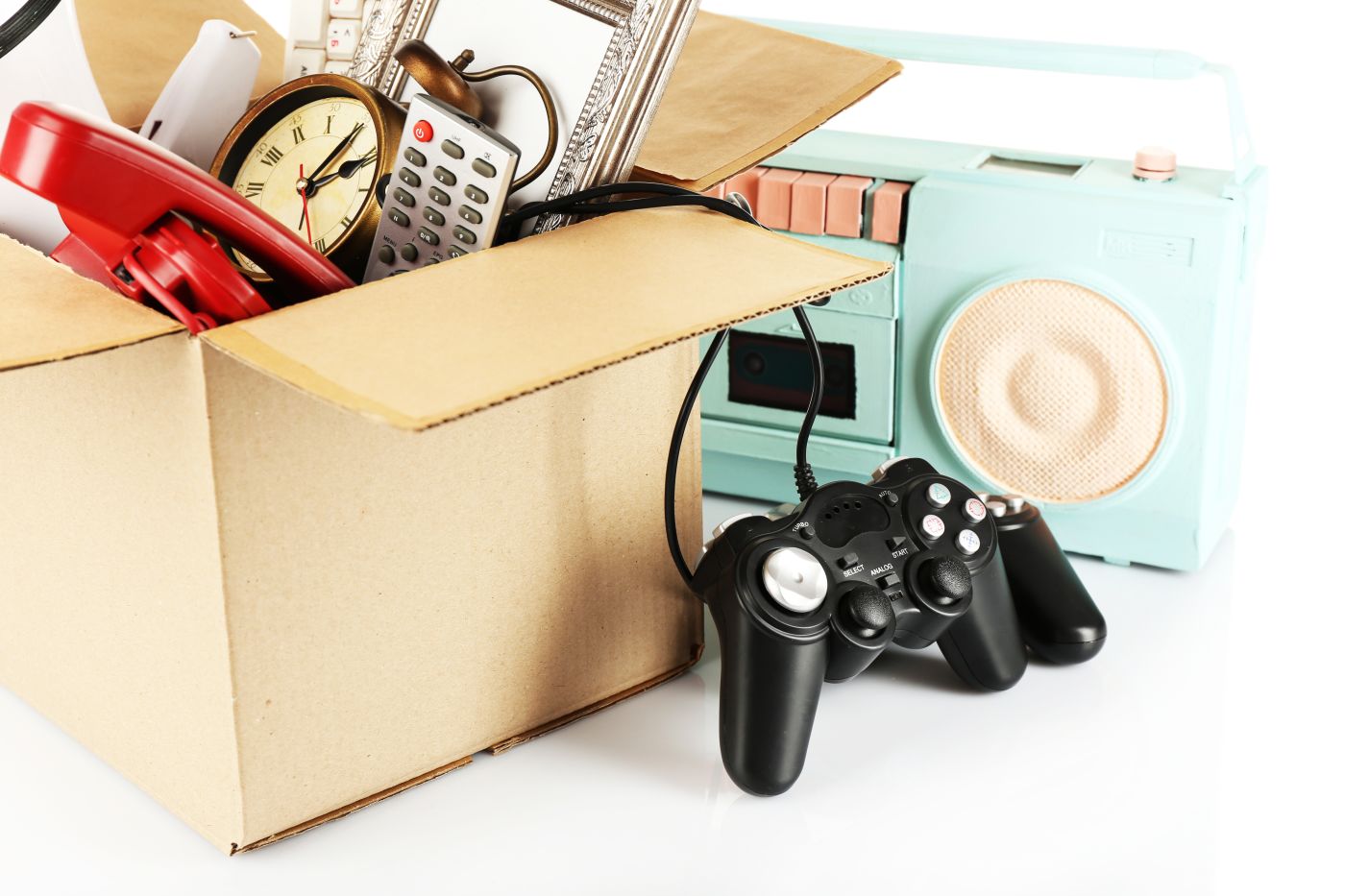
WHAT ITEMS TO INCLUDE IN YOUR ESTATE PLAN
When you start the estate planning process, your attorney will likely ask you about your bank accounts, life insurance, and house. But, you may also want to address what happens to your personal property (i.e. your 'stuff').
When deciding what items to explicitly mention in your estate plan, ask yourself the following questions:
Does this item have monetary or sentimental value?
Will someone want this?
How does this item fit into my overall estate plan?
Does this item have monetary or sentimental value?
Value is in the eye of the beholder. Some items may have significant monetary value, like an antique clock, while others may have sentimental value, like your mom’s class ring. Each type of value necessitates its strategy when planning for its receipt.
If Personal Property Has Monetary Value
You must find out the actual value of items that you think may be worth a lot of money. If an item is very valuable, it may need to be insured. Your renter’s or homeowner’s insurance company may be able to help with this. Also, if the item requires maintenance or upkeep, you should make sure that the person who receives it understands that. This way, you help ensure that the value of the item does not decrease.
If Personal Property Has Sentimental Value
Sometimes personal property with sentimental value can cause the most family conflict. Because your loved ones will already be dealing with your loss, dividing up your mementos without proper guidance can be emotionally taxing. This may be an even more compelling reason to document your wishes so that everyone is on the same page. You should think carefully about who will receive sentimental items. There are ways to mitigate future conflicts if more than one person wants the item.
Will someone want my stuff?
When crafting your estate plan, it is important to understand what you have and who you want to leave it to. But you may also want to speak with your beneficiaries before creating your plan. It's important to find out if the person you plan to give an item to actually wants the item. Sometimes, items have storage or maintenance requirements that beneficiaries don't want to be responsible for.
If More Than One Person Wants an Item
You may have an item that many family members want. Being aware of this during your estate planning journey is important. You can address what you want to happen to the item and hopefully prevent conflict after you pass away. You should also think about how you want to balance inheritances if only one person will receive a valuable item. The same is true if you want to divide a large group of similar items. Talk to your loved ones so that everyone is on the same page and fights can be avoided.
If No One Wants an Item
While an item may be incredibly important to you, it may not hold the same level of importance to your loved ones. As you take steps to put a plan together, determine what will happen if no one wants an item. You could choose to have it sold, donated, or offered to an acquaintance with a similar fondness for the item.
How to Include Your Personal Property in Your Estate Plan
There are a few different ways you can share your wishes for your personal property through the use of an estate plan.
Specific Gift in a Last Will and Testament or Revocable Living Trust
A specific gift in a will or revocable living trust allows you to name who will receive a particular item. In either a will or a trust, you can specifically state something like, “I leave my blue antique vase with pink roses to my daughter, Susan Jones.” When you die, the executor or successor trustee will then give the vase to Susan. However, if you change your mind, the will or trust will need to be changed. Your estate planning attorney can help you update your will or trust, or help you create an entirely new document.
Be aware that Ohio does not recognize Personal Property Memorandums, so special items must be listed in your will or trust.
The Residuary Clause
Most wills and trusts contain a clause that addresses any items that have not been specifically mentioned and distributed. This is referred to as a residuary clause. A will or trust may provide that anything left be “divided equally among my then living children” or “all to my spouse", etc. Keep in mind that the more specific your instructions are, the less likelihood of family turmoil.
Our Experienced Estate Planning Attorneys in Dublin, OH Can Help
Once you know what you have, how much it's worth, and who you want to leave it to, you need to make sure that your wishes are reflected in a sound estate plan. By working with our experienced estate planning attorneys, we can craft a plan that is unique to you and your situation. Give us a call at 614-389-9711 to schedule your appointment.
Want to learn more about the documents that make up a sound estate plan? Download our free Consumer's Guide to Estate Planning in Ohio here.
 About the Author - Jennifer Short, JD
About the Author - Jennifer Short, JD
Before she started working at DuPont & Blumenstiel, she worked for a large insurance company handling litigation, specifically coverage issues and compliance. Before that, she received her Bachelor's of Arts from The Ohio State University and J.D. from the University of Baltimore.
Jen strives to make wills, trusts, and other 'end of life' documents easy for everyone to understand. Her strategy: figure out what the clients need and make it happen. If you're ready to get your estate planning done efficiently and effectively, Jen is here for you.